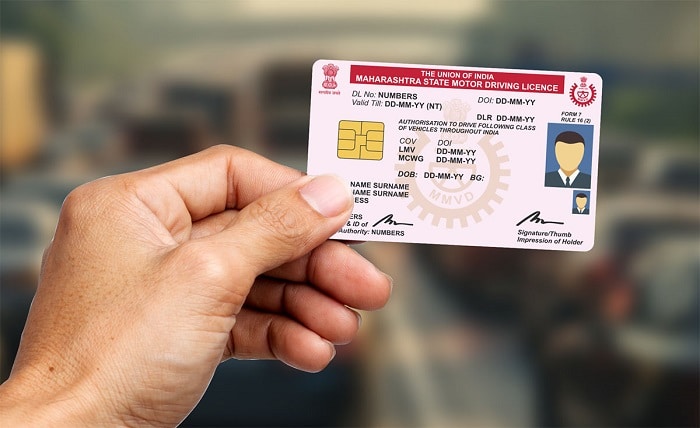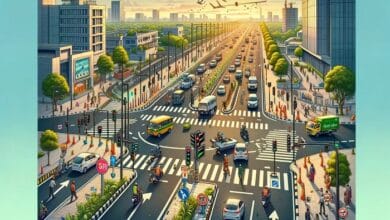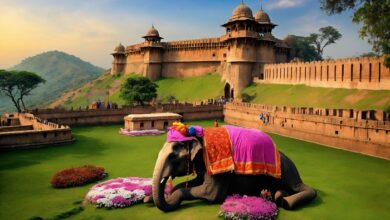Licences: Everything You Need to Know

Introduction
A licence is a formal permission or authority to do something that would otherwise be illegal or forbidden. From driving cars to running businesses, licences play a crucial role in our daily lives. This blog post will delve into the various facets of licences, their significance, and their impact on different sectors.
What is a Licence?
A licence is a legal document or permit that grants an individual or organization the right to engage in a particular activity. Without a licence, many activities that are commonplace today would be restricted or prohibited. Licences ensure that certain standards and regulations are met, promoting safety, fairness, and accountability.
Types of Licences
Licences come in many forms, each tailored to specific needs and activities. Common types include:
- Driving Licences: Allow individuals to operate motor vehicles.
- Business Licences: Permit businesses to operate within legal frameworks.
- Professional Licences: Required for certain professions, like medicine or law.
- Software Licences: Grant users the right to use software under specific conditions.
- Creative Licences: Protect intellectual property rights for artists and creators.
The Importance of a Driving Licence
A driving licence is essential for anyone who wishes to operate a motor vehicle legally. It serves as proof that the holder has the necessary skills and knowledge to drive safely. Without a driving licence, individuals would not only be breaking the law but also posing significant risks to public safety.
Business Licences and Their Necessity
Operating a business without a licence can lead to severe legal consequences. Business licences ensure that companies comply with local, state, and federal regulations. They help maintain industry standards, protect consumers, and generate revenue for the government through fees and taxes.
Professional Licences and Their Role
Professional licences are mandatory for various fields, such as healthcare, law, and education. These licences verify that professionals have met the required education, training, and ethical standards. For instance, a medical licence is crucial for doctors to practice medicine and ensure patient safety.
Software Licences
Software licences are agreements between the software creator and the user. These licences outline how the software can be used, distributed, and modified. Types of software licences include proprietary licences, which restrict access and modifications, and open-source licences, which allow users more freedom.
Creative Licences and Intellectual Property
Creative licences protect the rights of creators and artists. They grant permission for others to use, distribute, or modify creative works under specified conditions. Creative Commons licences, for example, provide a flexible range of protections and freedoms for authors and artists.
The Legal Implications of Operating Without a Licence
Engaging in activities that require a licence without having one can lead to legal repercussions. Penalties may include fines, legal action, and even imprisonment. For businesses, operating without a licence can result in shutdowns, loss of reputation, and significant financial losses.
How to Obtain a Licence
Obtaining a licence typically involves meeting certain criteria, which may include education, training, exams, and fees. The process can vary significantly depending on the type of licence and the jurisdiction. It’s important to research and understand the specific requirements for the licence you need.
Renewing and Maintaining Licences
Most licences are not permanent and require renewal after a certain period. This renewal process ensures that the licence holder continues to meet the necessary standards and regulations. Failure to renew a licence can result in its suspension or revocation, affecting one’s ability to legally perform the licensed activity.
Conclusion
Licences are fundamental to maintaining order, safety, and standards in various aspects of society. Whether it’s driving, operating a business, practicing a profession, or using software, licences provide a framework that ensures accountability and compliance. Understanding the importance of licences and the processes involved in obtaining and maintaining them is crucial for anyone engaging in activities that require formal authorization.
FAQs
- What is the purpose of a licence?
- A licence grants permission to engage in specific activities legally, ensuring safety, compliance, and standards are met.
- How do I apply for a business licence?
- To apply for a business licence, research the specific requirements in your area, complete the necessary forms, and pay any applicable fees.
- What happens if I drive without a licence?
- Driving without a licence can result in legal penalties, including fines, impoundment of your vehicle, and even imprisonment.
- Are software licences necessary?
- Yes, software licences are necessary to legally use, distribute, and modify software according to the terms set by the creator.
- How often do I need to renew my professional licence?
- The renewal period for professional licences varies by profession and jurisdiction. It’s essential to check the specific requirements for your licence.





